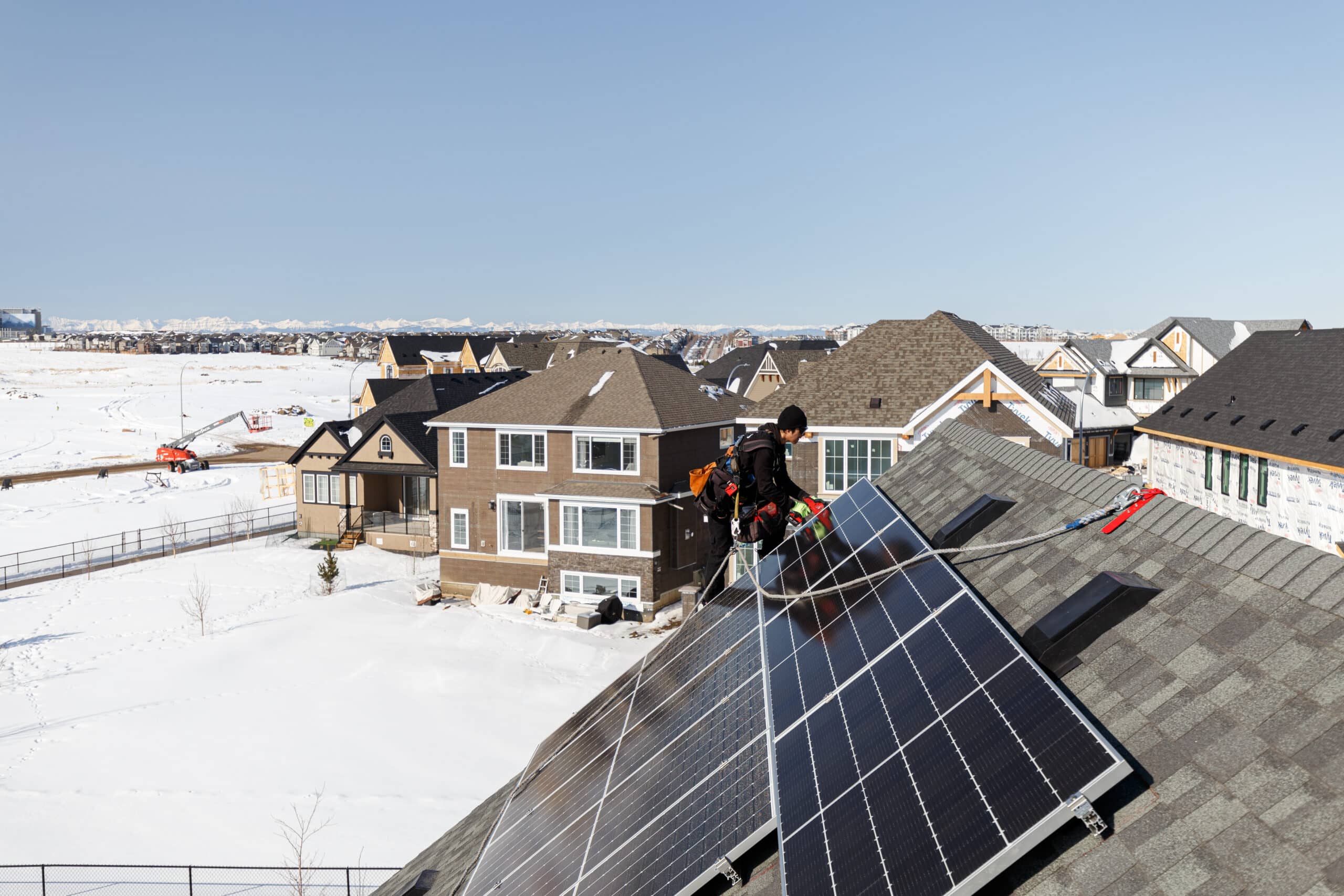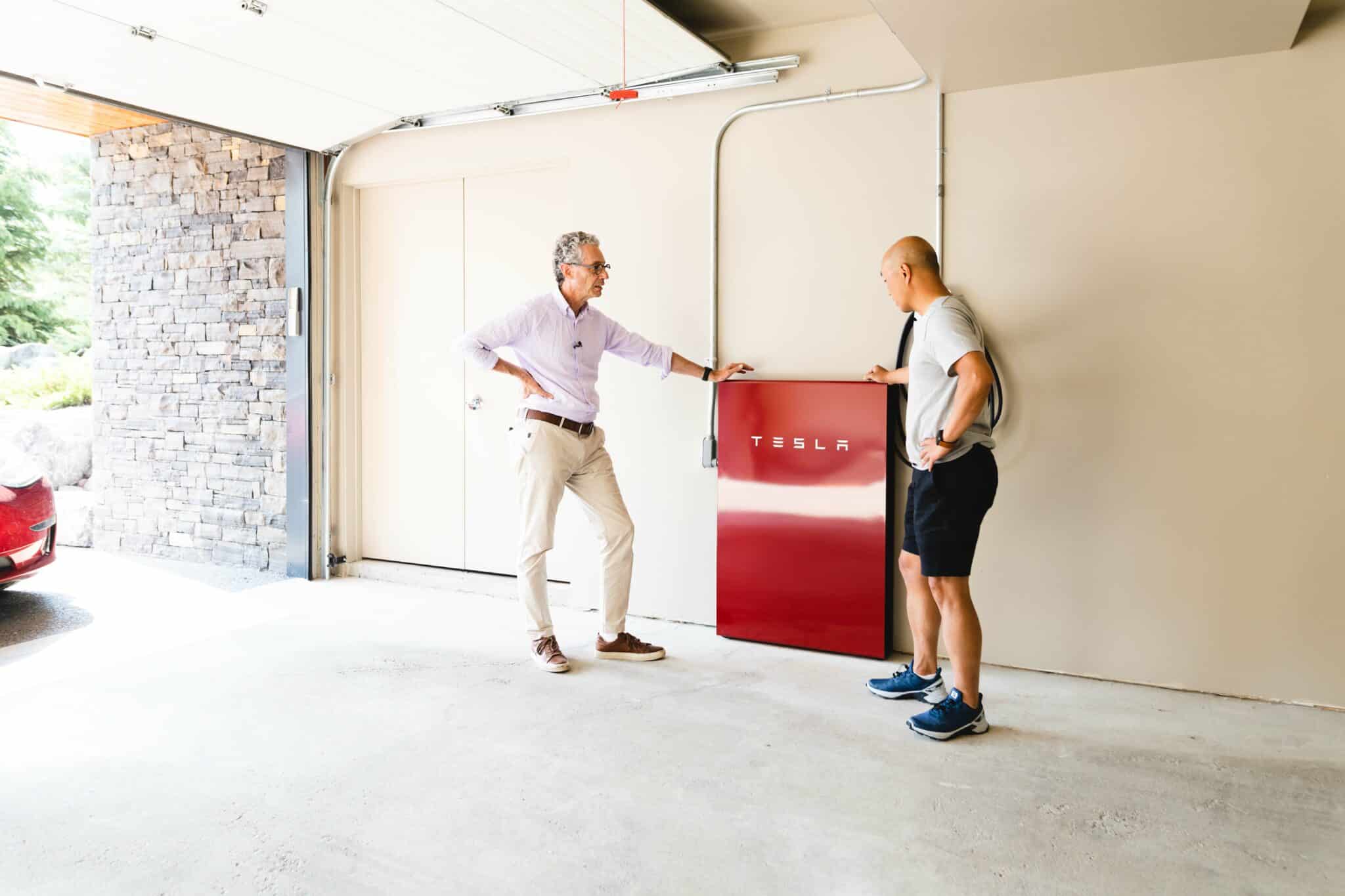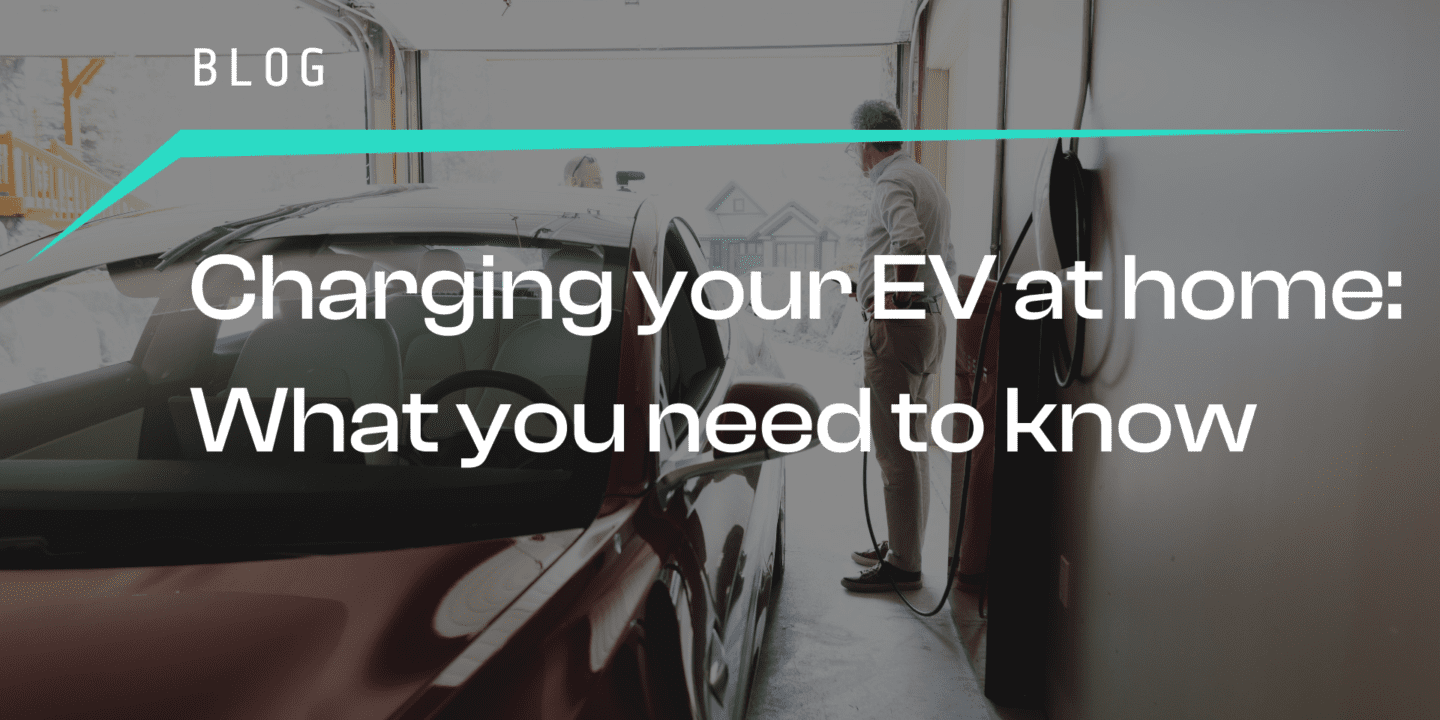Charging Your EV Car at Home Cost: What You Need To Know
Why do you need EV Charging at Home? With only 20,000 public charging stations and 86,032 electric vehicles (EV) being registered in 2021 alone, finding places to charge outside can be challenging. This is why most EV owners install an electric car charger at home, allowing them to plug in their cars at their convenience (and at a more affordable price).
However, before you can start EV charging at home, it’s important to understand the types of EV chargers available, how to choose the right one, how to prepare your property, and the factors that affect the cost of an electric charger.
This article will explore each factor to help you choose an EV charging station that meets your needs.
Types of Electric Car Chargers
You can use two types of electric car chargers at home: an EV Level 1 Charger and an EV Level 2 Charger.
EV Level 1 Charger —
This charger requires the typical 120-volt outlet you’ll find at home, which charges 8 km per hour. It can take anywhere from 12 to 16 hours to fully charge your vehicle.
EV Level 2 Charger —
An EV Level 2 charger uses a 240-volt outlet, charging 20 to 40 km per hour. Additionally, it takes only 6 to 8 hours to fully charge your EV.
Both Level 1 and Level 2 chargers utilize alternating current (AC) electricity, which is what powers most homes.
There is also a Level 3 charger that uses direct current (DC) electricity. Much faster DC electricity is often found in commercial areas.
For more accurate quotes contact a reputable local solar provider.
Choosing the Right Electric Car Charger for Your Home

Before charging your EV at home, consider your car’s specifications, your daily driving needs, and where you’ll install the charger.
Check your car’s specifications —
Before choosing an electric car charging station for your home, ensure compatibility by checking your car’s specifications. Because some charging stations may require a specific voltage level or charging connector.
Consider your daily driving needs —
Your daily driving distance influences how frequently you’ll need to charge your car and the required charging speed. If you frequently drive long distances, then you might want a Level 2 charger which has a faster charging speed.
Consider the charger’s placement:
If it’s outdoors, opt for one with an outdoor rating. If it’s indoors, you need to ensure it fits in your garage when your car is parked.
Pairing Your EV Charging at Home With Solar

Using solar panels to charge your electric vehicle is a great way to move toward a more sustainable future and there are so many benefits of going solar.
While you can charge your car with a regular power outlet, installing residential solar panels allows you to get free, clean energy from the sun.
Solar energy can power both your car and your home — you simply need to determine your home’s electricity consumption and your vehicle’s charging requirements to build the right system.
Installing An Electric Car Charger

The installation method of your electric car charger greatly impacts its efficiency and long-term cost.
Though you might consider DIY to save money, it’s safest to have a professional handle the installation.
If you install your EV on your own, you run the risk of doing so incorrectly. This not only poses a safety hazard but also means your system won’t work as it should.
Additionally, if you install your own EV, this can cause legal and permitting issues. This means you may not be able to have solar installations completed down the line.
- At Zeno, our professional EV installation experts have
- Have the experience and knowledge necessary to tackle the entire system.
- Can guarantee a warranty on services.
- Can get the job done right, saving you time and money.
The Cost of Having An Electric Car Charger at Home
How much you need to pay for your electric car charger will depend on a range of factors, including your charging output, the charging lead length, the location of the charging port, and the mechanical protection it needs.
Charging Output —
Level 1 chargers are the least expensive, followed by Level 2 and Level 3. Typically, the charging output ranges from 3 kW to 22 kW.
Charging Lead Length —
In case you need a longer cable to connect your car to the charger, expect to pay more.
Location of Charging Port —
The cost of installing a charging port, whether inside or outside the home, can be influenced by the type of material used for the walls, the distance between the vehicle and the port, and where it is installed.
Mechanical Protection —
Charging ports require mechanical protection, such as a case, sleeve, or other means of cable protection from penetration, abrasion, and contact. The more protected your charging port is, the higher the cost.
Start Charging Your EV at Home With Zeno
If you have an EV charging at home, the more convenient option, allows you to charge at night and top up during the day at your convenience.
At Zeno, we can help you start charging your electric car at home using the power of solar energy. Contact Zeno for a quote for custom EV charging at home today!
